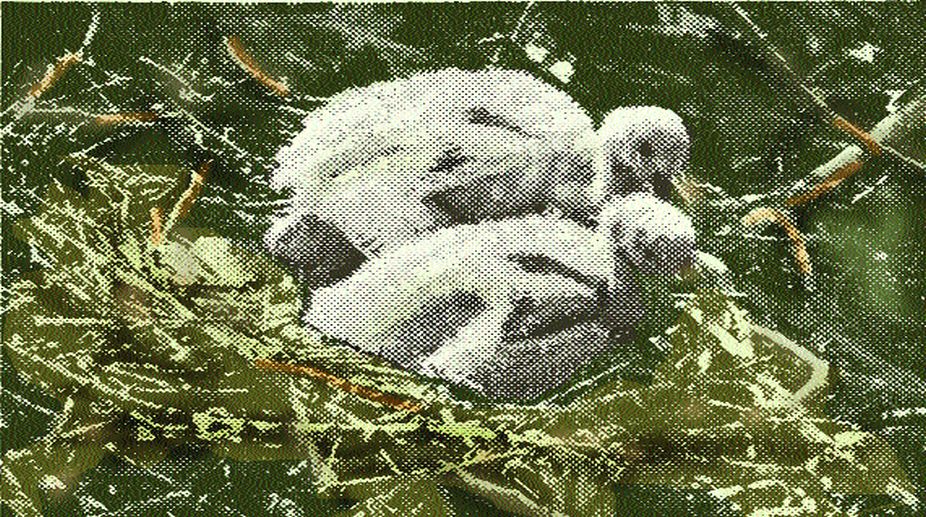Misuse of law
The suicide of a Bangalore-based tech professional has reignited concerns over the misuse of Section 498A of the Indian Penal Code, which addresses cruelty by husbands or their families toward women.

Duck.
Few birds are so unmistakable as a spoonbill. It is a truly grotesque bird when one analyses its looks, with the long, wading feet of a stork, the plump body of a duck, a distinctive nuchal crest in the breeding season, and a bill remarkably like a flat-stemmed spatula. When young it looks more like a dodo than anything else, and gives little indication of what it will grow into.
The infant spoonbill has a pink, tumid, hook-tipped bill, very like the beak of the squab of some out size breed of pigeon, and is covered with a fluffy white down; its legs are not conspicuously long, nor its neck, and it looks as if it can only grow up into a dodo.
Advertisement
It grows very fast, as the young of most water-birds do and soon exhibits an obvious resemblance to its parents. It leaves the nest and clambers awkwardly about the branches of the tree on which its stick nest is built, with much flapping of the wings; sometimes it falls into the water below the tree, and then it usually gets drowned though it floats for awhile, but luckily this seldom happens.
Advertisement
Spoonbills nest gregariously, usually at mixed heronries — in fact, they are always to be found at such mixed breeding colonies of water-birds, along with white ibises, openbills, egrets, herons and cormorants and darters.
But I believe they also nest in much smaller colonies, perhaps along with another species or two, in babool and other trees standing in some small, out-of the way pond or little lake.
I believe there are several such colonies between Bangalore and Madras; I have not been able to locate their nesting trees, but have seen flocks of spoonbills flighting towards some distant piece of water, in evident breeding condition.
I was once asked by a wildlife officer why I was so sure that the spoonbills at mixed heronries in South India belonged here, and were not migrants from (of all places!) England. Well, the home of a bird is where it breeds, and migratory birds from the cold North that come to our country soon after the rains are already through with breeding — they do not breed while with us and, moreover, spoonbills are among the birds that have become practically extinct in England in the past few decades.
Our spoonbill is Platalea leucorodia; it is also to be found in Ceylon and West Pakistan. There are other spoonbills in other countries, some of them, like the Roseate Spoonbill, quite gorgeous.
Spoonbills are said to be silent birds, but as I recorded in this column years ago, apart from the yickering of the young, the adults indulge in a hiccup-like call, uttered both from a treetop and when on the wing; this does not seem to be an alarm, and is probably some kind of social call.
This was published on 24 July 1967
Advertisement